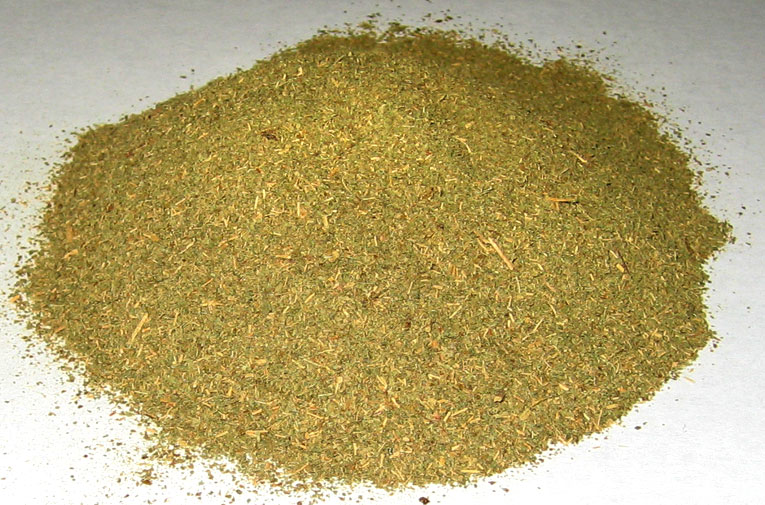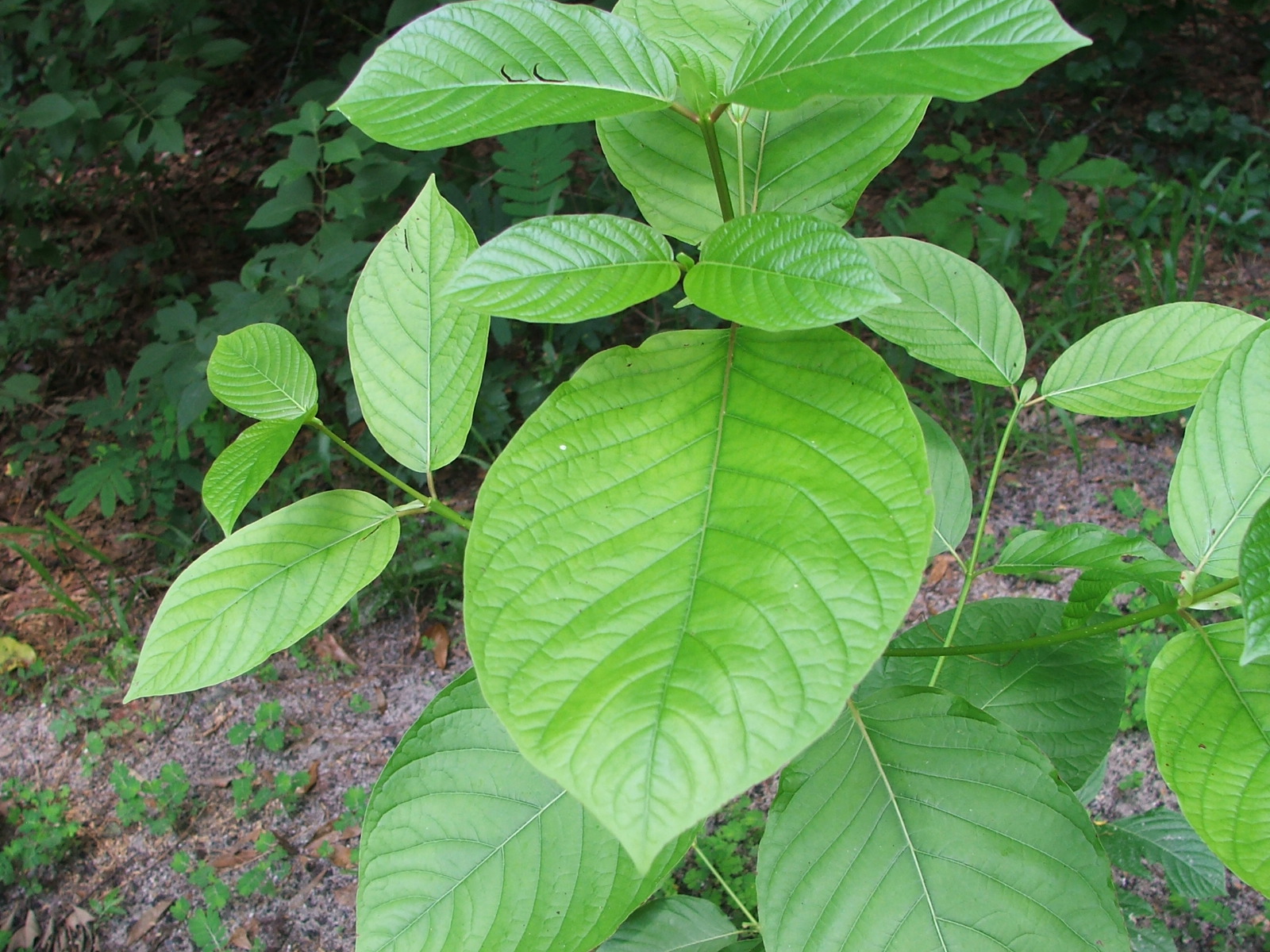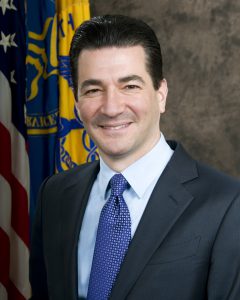Salmonella Outbreak Linked to Kratom Spreading
/By Pat Anson, Editor
The number of people infected by a Salmonella outbreak linked to the herbal supplement kratom has more than doubled – with 87 illnesses now reported. Twenty-seven people have been hospitalized, according to a new CDC report.
Although this particular outbreak is small – there are about one million Salmonella cases every year in the U.S. – it covers a lot of territory. Illnesses have been reported in 35 states from New York to California. No deaths have been reported.
Evidence is also increasing that the outbreak involves kratom, an herbal supplement that millions of Americans use to treat chronic pain, depression, anxiety and addiction.
In a survey of 55 patients sickened in the outbreak, 40 said they had consumed kratom in pills, powder, or tea. Most reported consuming kratom in powder form.
"People who reported consuming kratom purchased it from retail locations in several states and from various online retailers," the CDC said in a statement. “At this time, CDC recommends that people not consume any brand of kratom in any form because it could be contaminated with Salmonella and could make people sick.”
The origin of the contaminated kratom has not been identified, but three brands of kratom sold by PDX Aromatics of Portland, Oregon have been recalled. Health officials in California collected leftover kratom powder from one of PDX's brands (Phytoextractum) from an ill person in California, and the outbreak strain of Salmonella was identified in the sample. PDX blames the contamination on an unidentified "supplier" that it is no longer taking shipments from.
(Update: On March 16, after "additional positive findings of Salmonella" in its kratom products, PDX expanded the recall.)
Investigators in Oregon and Utah have also collected kratom powder from retail locations and online retailers where ill people reported purchasing kratom. Outbreak strains of Salmonella Okatie and Salmonella Thompson were identified in those samples. No brand information was available for the kratom collected in Oregon. The ill person in Utah purchased kratom powder from the website kratoma.com.
In a statement on its website, Kratoma said it "would not restock any kratom in future" and would close its online store by March 31, 2018.
The CDC now traces the start of the outbreak back to January 2017. The CDC says there could be more than the current count of 87 cases, because it takes an average of two to four weeks for a Salmonella illness to be reported.
Salmonella is a bacterial infection usually spread through contaminated food or water. Most people who become infected develop diarrhea, fever and stomach cramps. Salmonella causes an estimated one million food-borne illnesses a year in the United States, with 19,000 hospitalizations and 380 deaths.
Last month the Food and Drug Administration recalled three brands of kratom made by Missouri-based Divinity Products. The company agreed to the “voluntary destruction” of its kratom products, even though there have been no reports of illnesses associated with them.


























